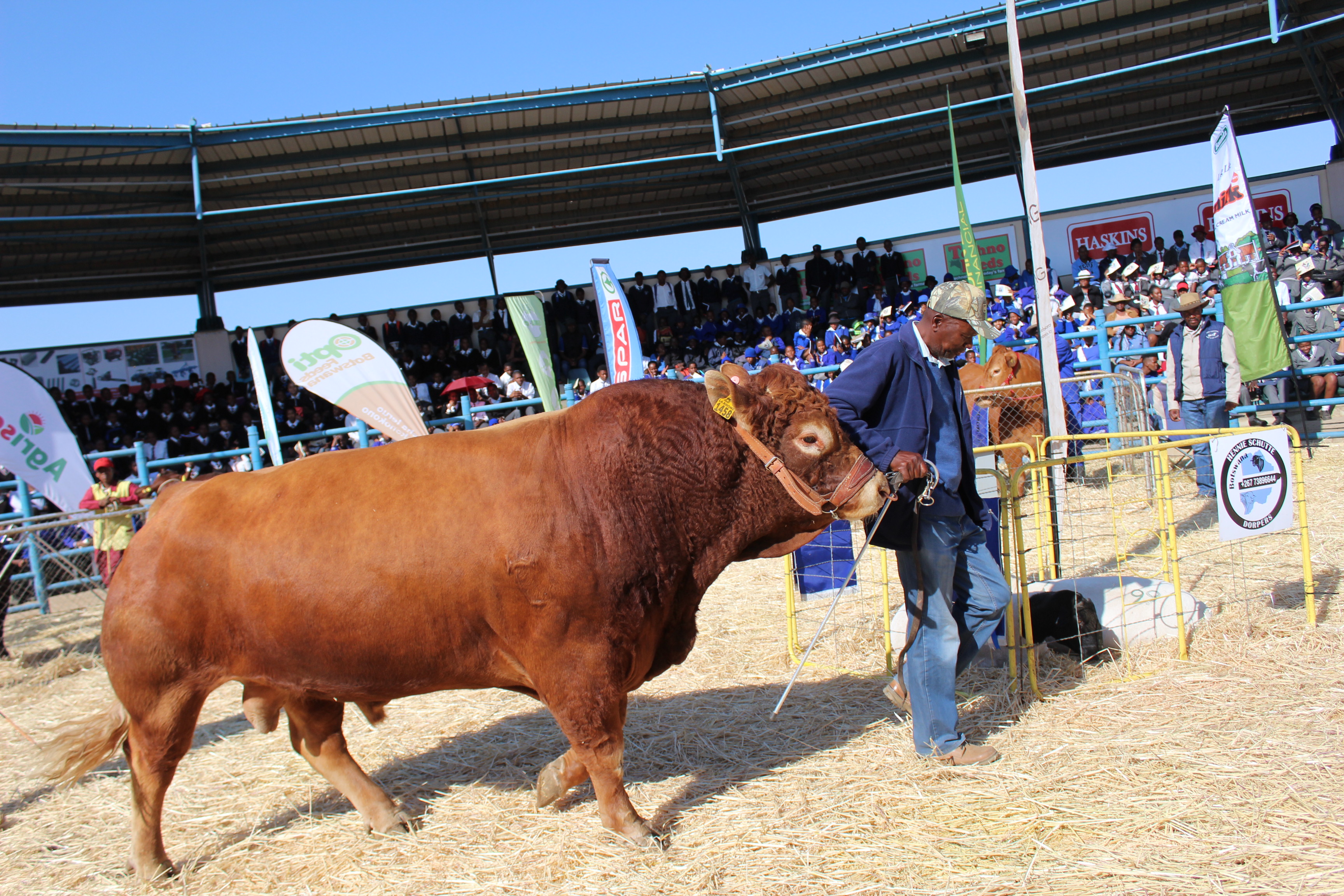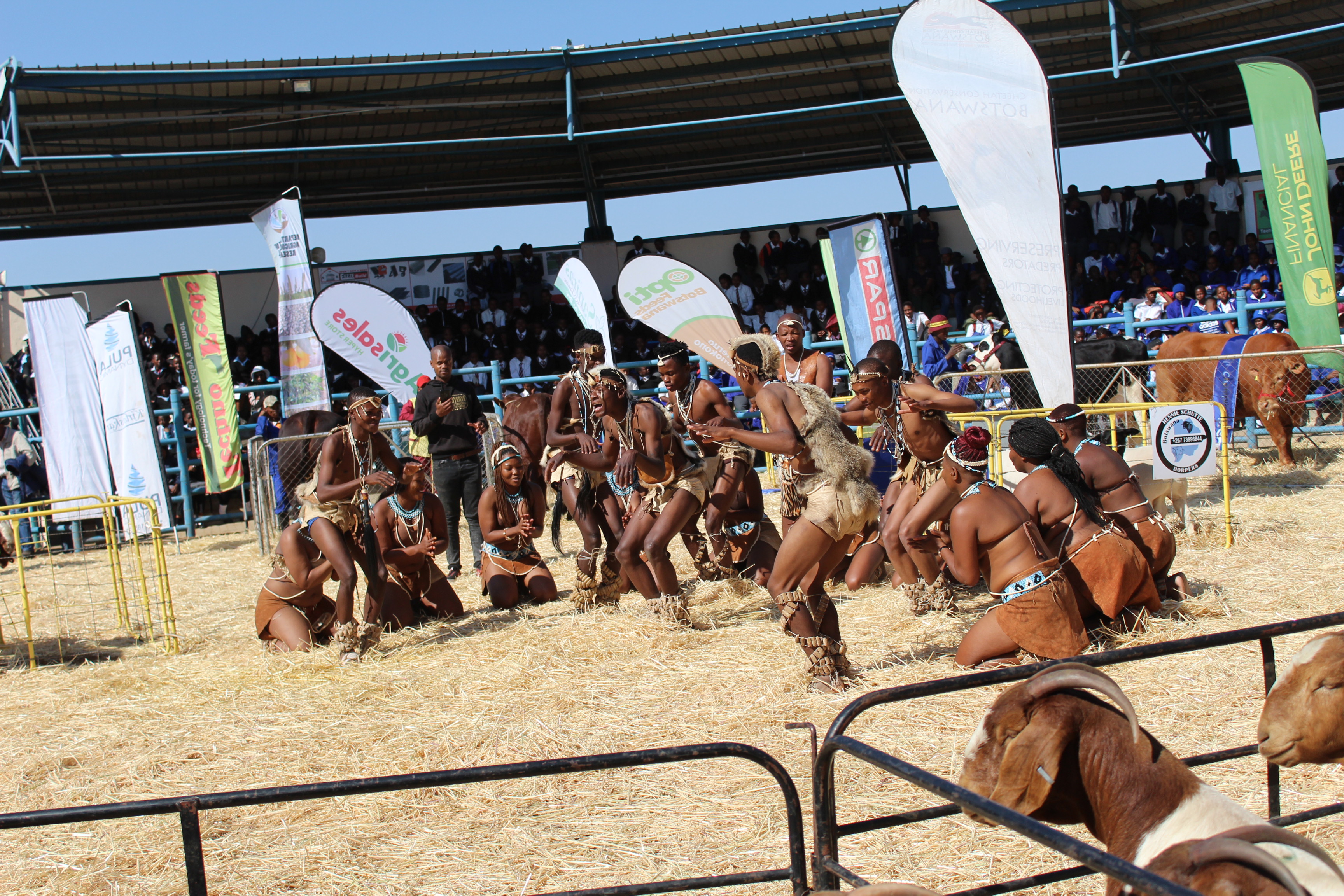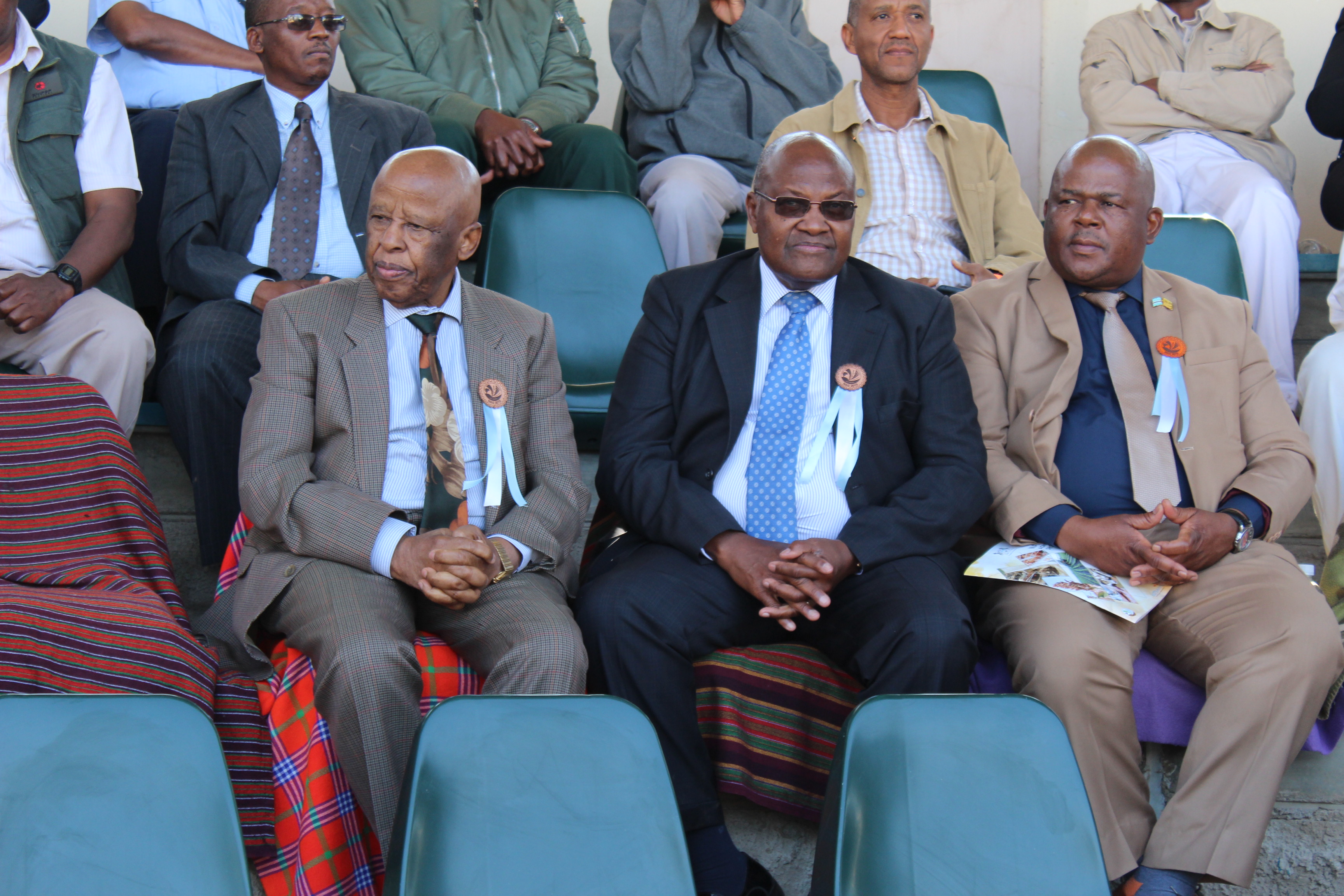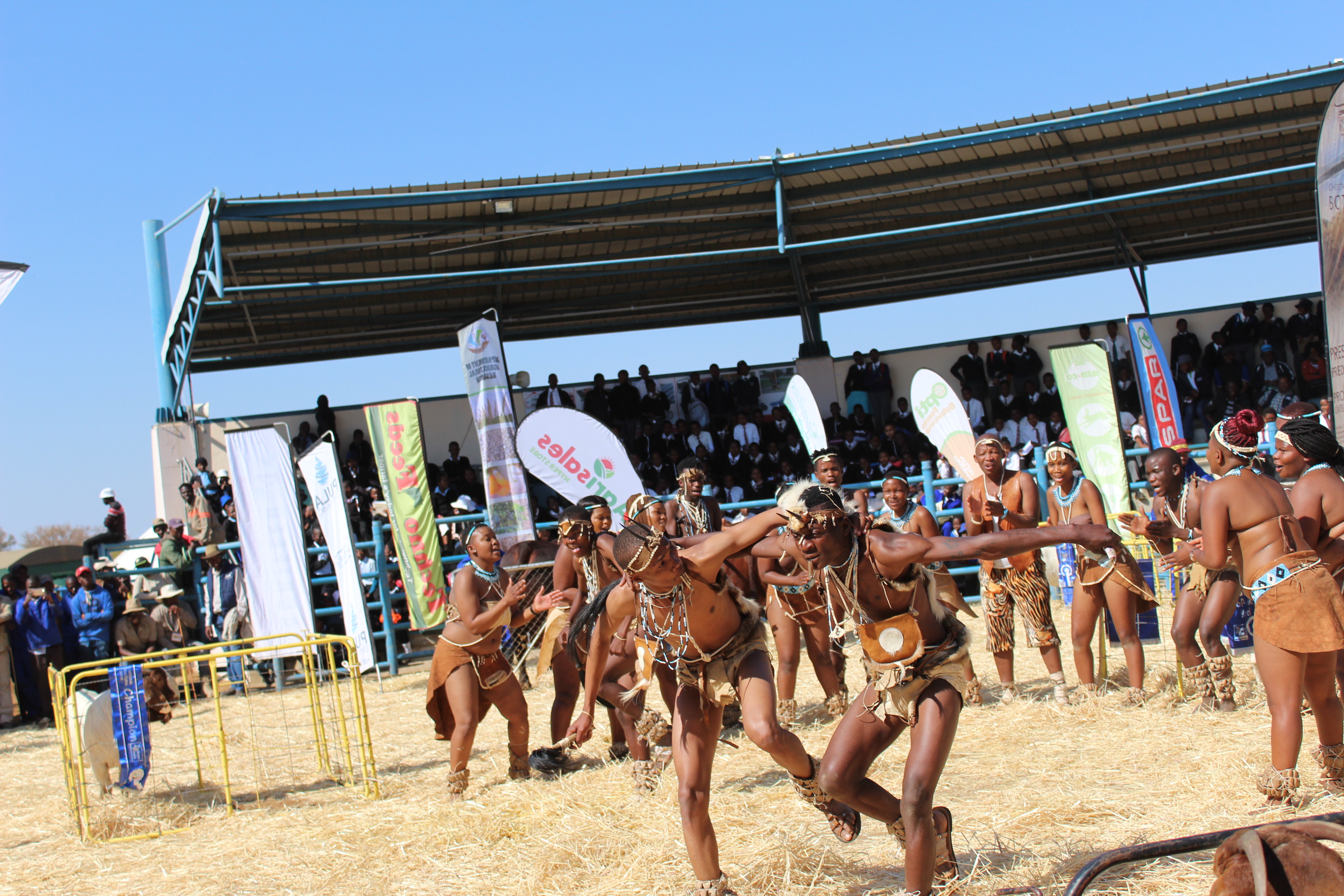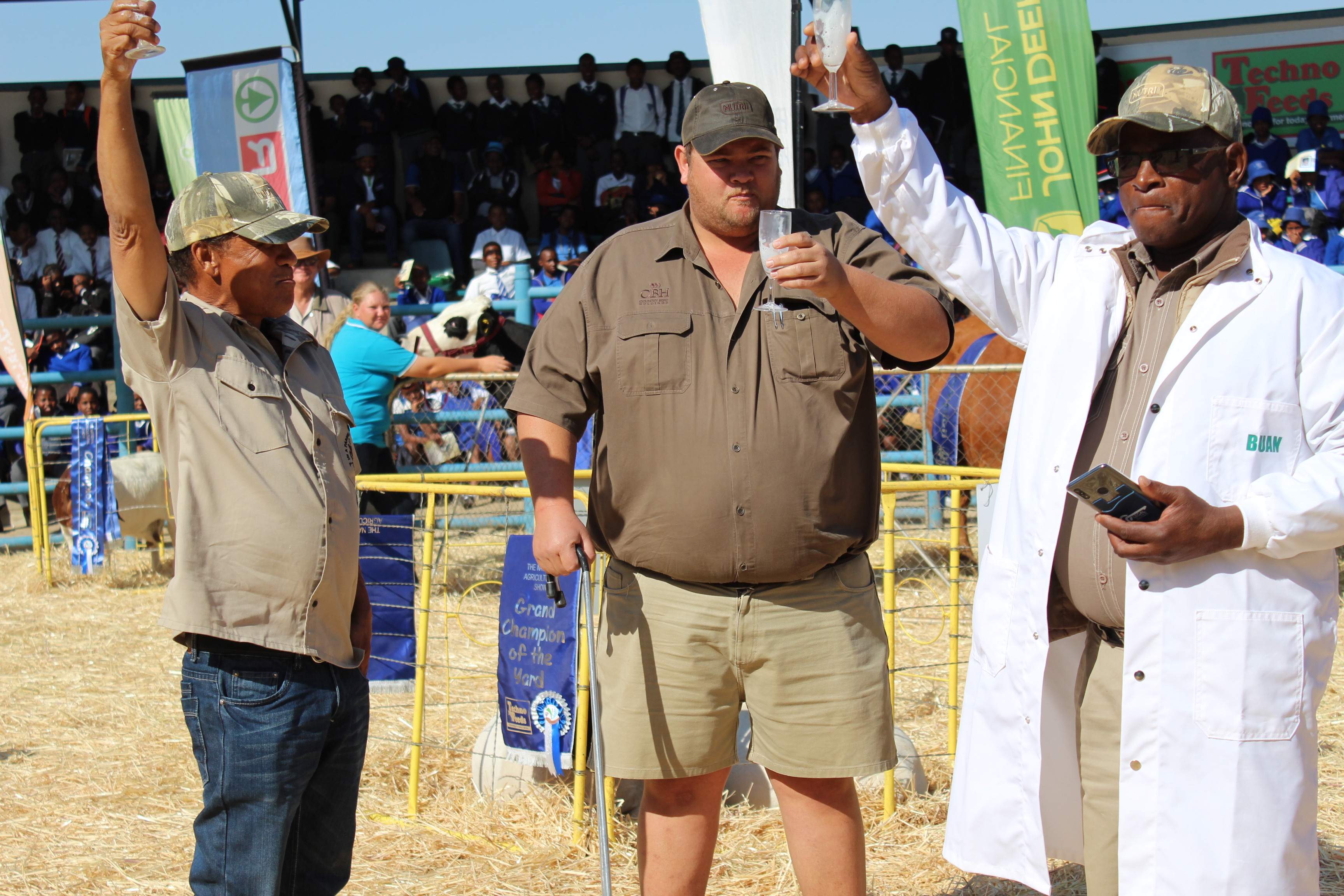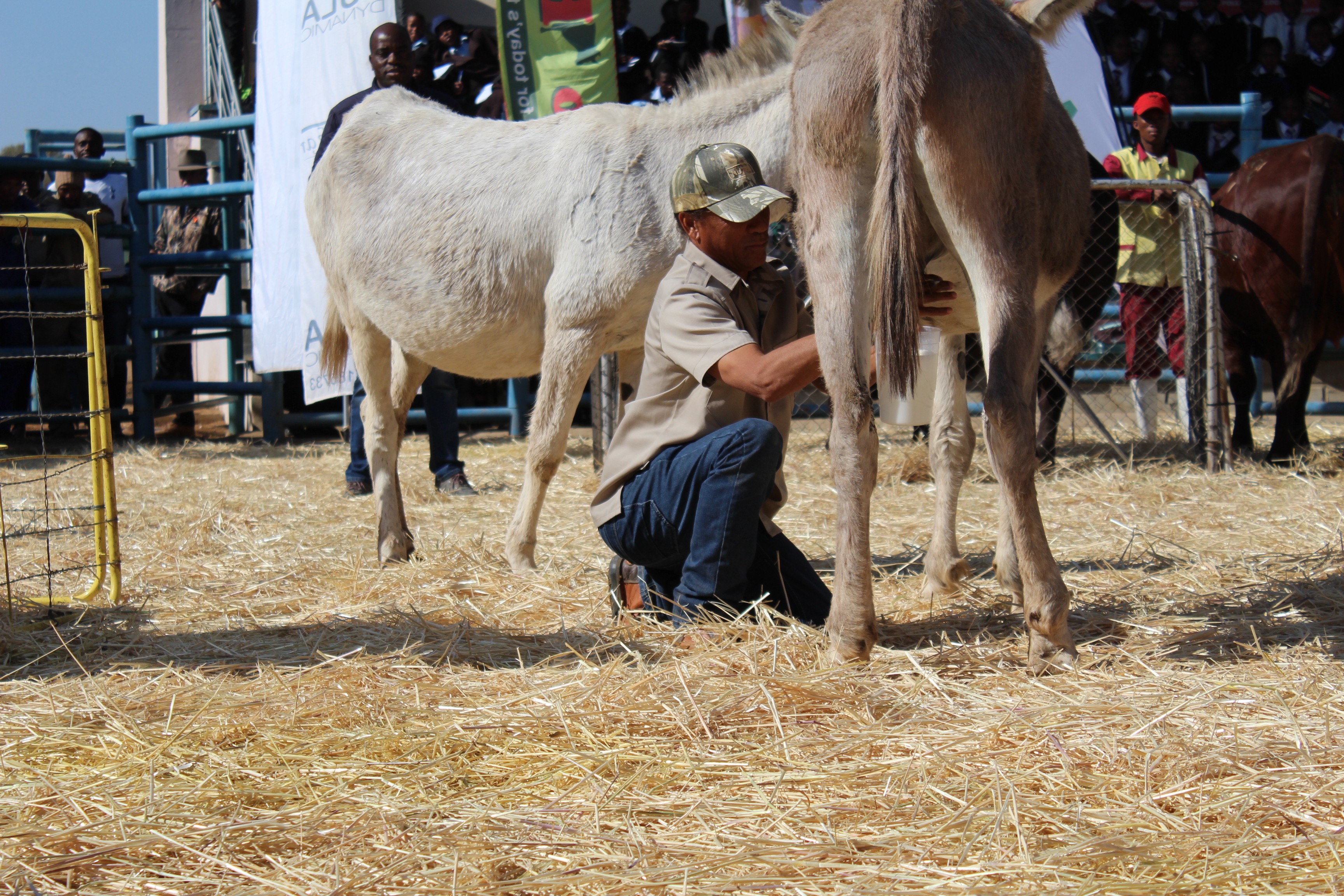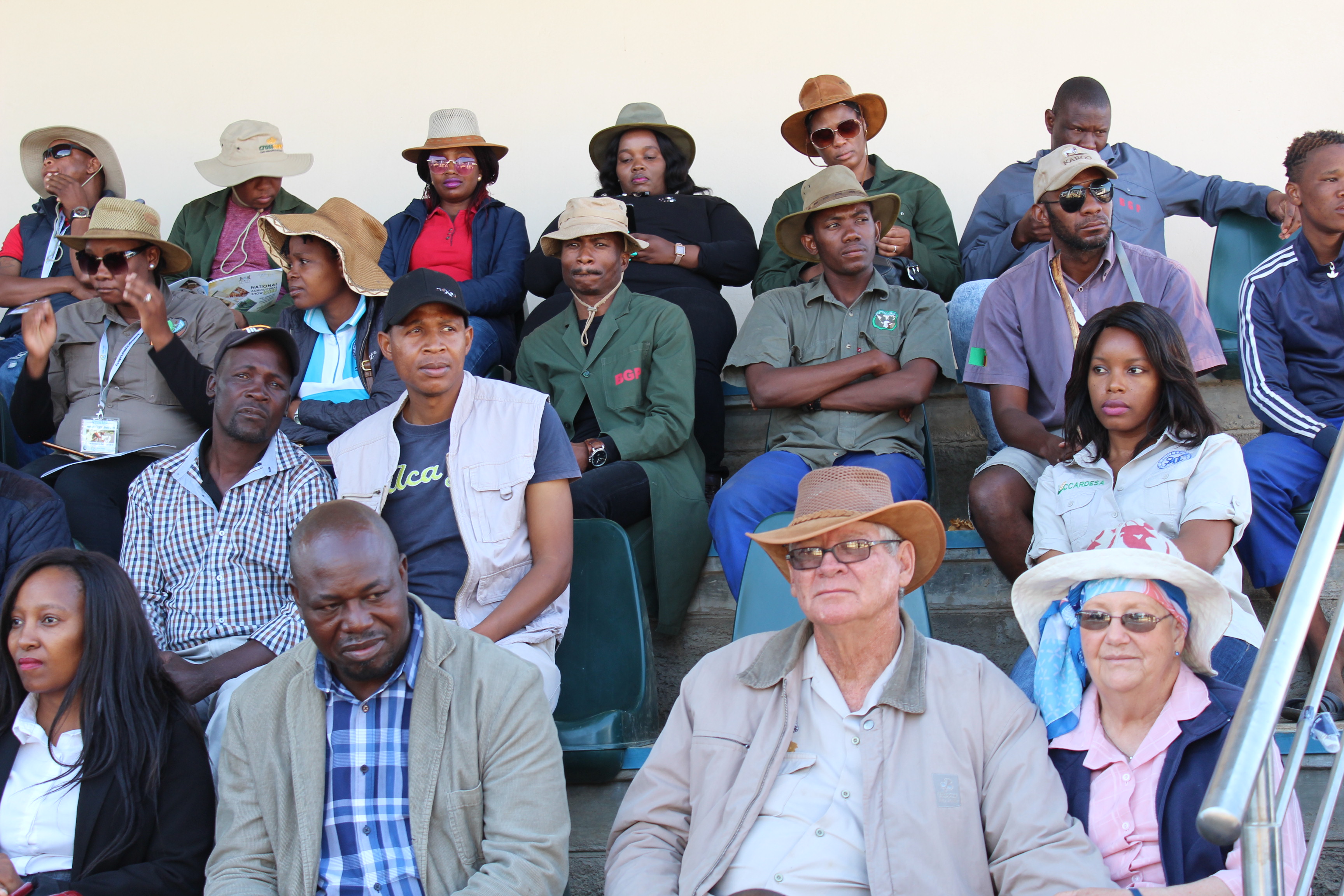CSIR: Risk and Vulnerability Atlas
The South African Risk and Vulnerability Atlas (SARVA) is a platform for global change information transfer from research to policy and decision makers. The SARVA program provides a centralised repository for global change research (www.rvatlas.org.za) as well as a collection of integration and awareness tools aimed at improving evidence-based decision-making concerning global change. The current focus of the Atlas is on the country, regions and localities of South Africa. However investigations are being carried out to assess expansion opportunities into other parts of the region.
Deutsche Gesellschaft für Internationale Zusammenarbeit (GIZ), CSIR, Department of Science and Technology Republic Of South Africa


